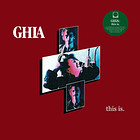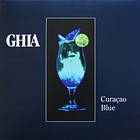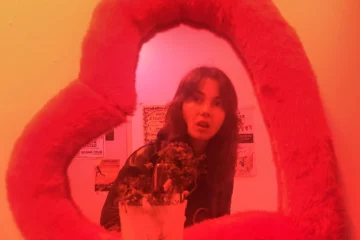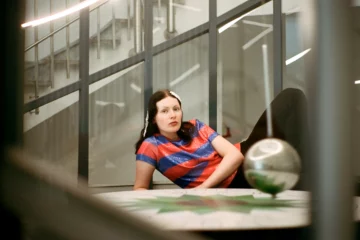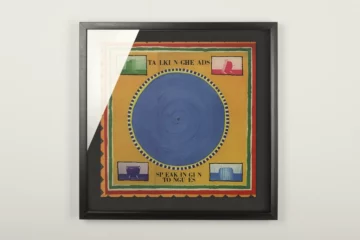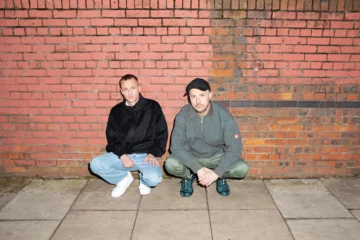We are good. Perhaps even very good. Ghia came to this conclusion about their own work sometime in the late 1980s. By then, the trio had been working on both their sound and their songs for years. In secret. In Bielefeld. The city of 300,000 inhabitants wasn’t a cosmopolitan city with a music scene in the 80s either. The message was clear at the time for Ghia, whose faith in their own abilities had accumulated over the years: We want to be heard. Let’s try to put ourselves out there. It’s either everything or nothing.
In the period that followed, Ghia promoted themselves to all the major labels. But all they received was rejections. Neither EMI nor Sony were interested in a couple of white dudes who did something that reminded them of Sadé and sounded almost like trip hop before it even existed. »When we showed up at Sony in Frankfurt, the guy got really upset about how we dared to waste his time with something like that,« recalls the band’s songwriter and keyboardist Lutz Boberg, »I was wearing Birkenstock sandals, and I don’t think he liked that much.« Lisa Ohm, the Ghia vocalist, adds: »Maybe we just weren’t hip enough for him«.
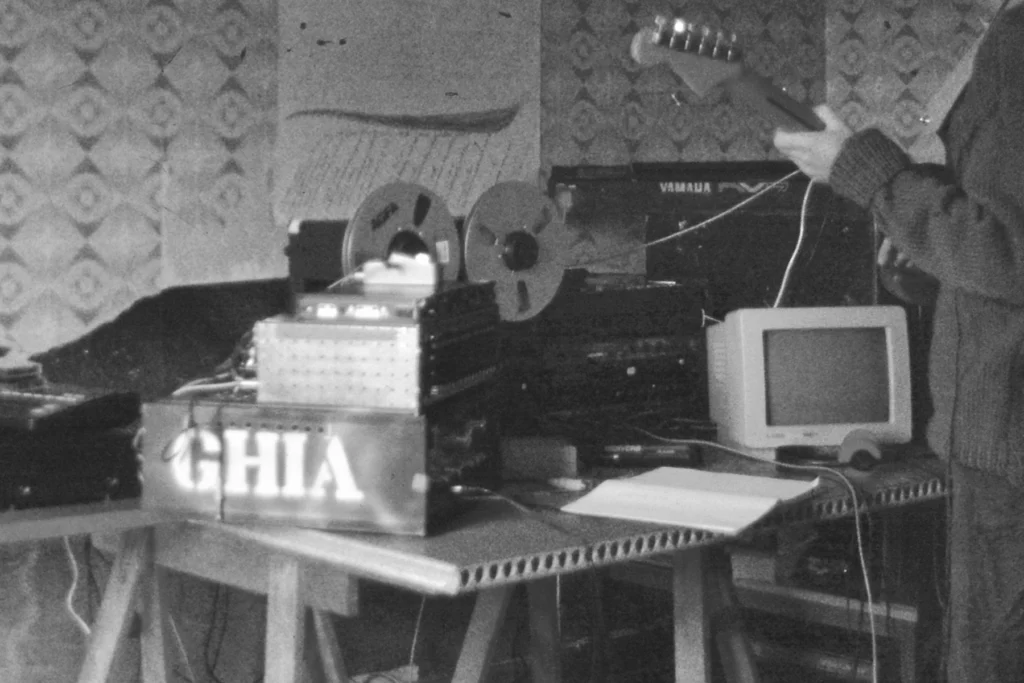
The only release by the band, which apart from Lisa and Lutz also featured guitarist and songwriter Frank Simon, was therefore the single »You Won’t Sleep On My Pillow/What’s Your Voodoo?« in 1991 and an EP, both of which were released on the minor label Mikado. Almost 30 years later thanks to YouTube, the B-side of the 7-inch single went viral in insider bubbles, and the last copies of the vinyl edition quickly sold out.
With the ›Avocado‹ against boredom
The track »What’s Your Voodoo« was subsequently reissued in 2019 as a limited edition on the Berlin label The Outer Edge (The Artless Cuckoo until 2022). But that was far from the end of the story. In fact, it was only just the beginning. Because in response to constant requests, the band decided to send the complete music archive to the label at some point. Much to the surprise of the band members, DJ Scientist, the founder of the label, fished out a complete, long-forgotten jazz-funk album by the band, which was released for the first time at the end of last year under the name »Curacao Blue«. This one, as Boberg explains, was recorded »as if in a living room with a 4-track recorder and Steinberg software«.
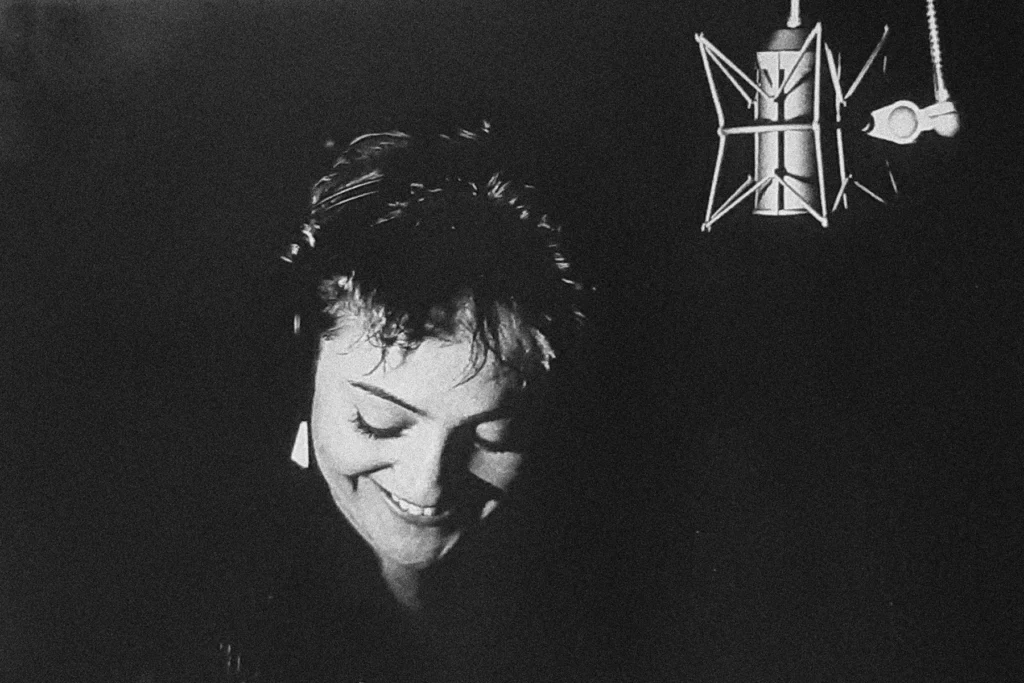
Any day now the Ghia album is finally being re-released. »This Is« features the two previously mentioned tracks from the 7-inch single, as well as eight additional songs. The compositions have pop appeal, the recording quality sounds surprisingly crisp. Frank Simon’s temporary job as a sound engineer in the Cottage Studio at the time made this outcome possible, which sounds pretty major for an underground band. Armed with Simon’s expertise and the latest equipment, the album was born.
The analogue effect devices had long since become mainstream, boring. (Frank Simon)
Frank Simon
»We wanted to make a new sound. In my opinion, the analogue effect devices had long since become mainstream, boring, and the newer (digital) units sounded terrible. At the time, I spent six months developing my own signal processor system. The keyboard and guitar sounds on ‘What’s Your Voodoo?’ and ‘You Won’t Sleep On My Pillow’ were all run through this thing. It never made it to market, but Lutz and I called it Avocado because it was packaged in an cardboard avocado box,« Simon explains.
If you still don’t know what music sounds like when put through an Avocado processor, you should definitely start with one of these two pieces. But the album has a lot more to offer, including several surprises. After all, who would have ever reckoned that in the late 80s a band from Bielefeld in North West Germany would have been able to provide real competition for the street soul sound from England that was in vogue at the time? Ghia manages to do just that with the downtempo soul ballads »Close To You« and »Crystal Silence«.
So why didn’t a breakthrough actually occur at the time? The music was on point. Band founder Lutz Boberg looks back, »Apart from our friends, we simply didn’t have a fan community, and we NEVER played live with Ghia.« Lisa adds, »I also had a small daughter at the time. A tour or something like that would have been unthinkable.«
But now it’s finally here, the music. And maybe the time for Ghia has finally arrived too. In the meantime, even a few first small gigs are being discussed. Good. Very good.


